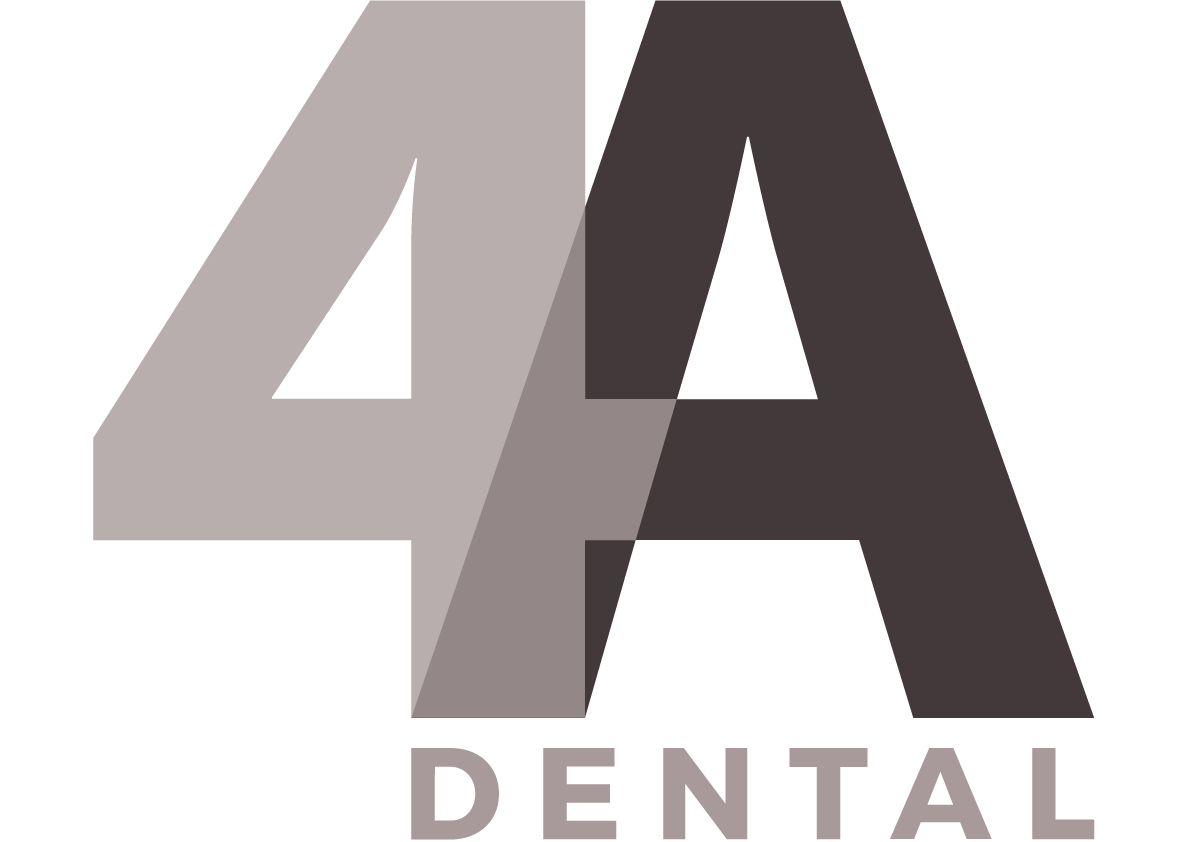Why see a dental hygienist?
At 4A Dental, our Rochdale hygienists work in partnership with our dentists to deliver preventive oral healthcare. That means giving your teeth a professional deep-clean – or a ‘scale and polish’ – removing disease-causing plaque and tartar that builds up around your gums. Your hygienist will also advise and educate you on good preventative practices that you can carry out at home.
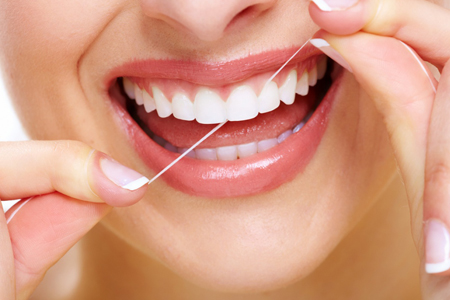 What are plaque and tartar?
What are plaque and tartar?
Caused by the food that remains on your teeth after eating, plaque is essentially a film of bacteria that builds up around your gum line, attacking the tooth enamel and making gums and teeth vulnerable to disease and decay. If teeth are not regularly brushed and flossed, the plaque hardens to become calculus, or tartar. These oral gremlins are not always easy to spot or remove without the help of a hygienist – but with regular flossing, good brushing and thoughtful eating habits, the frequency of your hygienist treatments will potentially diminish.
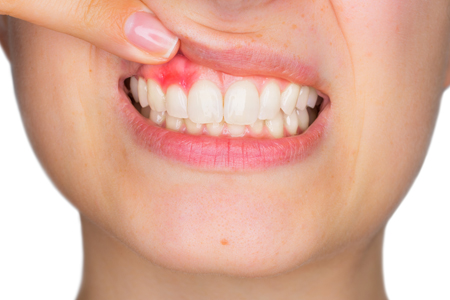
What happens when oral hygiene is ignored?
There is a proven link between gum disease, tooth decay and oral neglect – all of which directly contribute to permanent tooth loss. The solution – regular brushing and flossing – seems simple, but the statistics still shock – gum disease is a growing problem in adults, and tooth decay is reported among children as young as four. So at 4A Dental we aim not only to treat, but to educate, advising patients on best practice and on diet. Book an appointment today with our experienced dental hygienist and set in motion a lifetime of good oral health.
Book you Consultation
Simply complete the form and let us know what treatments you are interested in. A member of our team will get back to you as soon as possible to arrange your appointment.
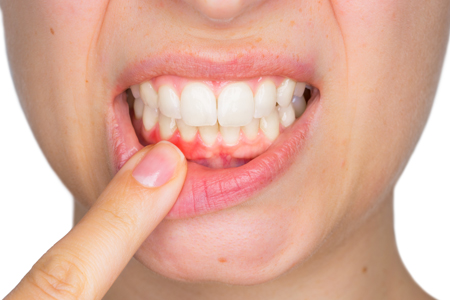
What are the early signs of gum disease?
Tell-tale symptoms of an unhealthy mouth include gums that feel sore or swollen, or which bleed, as well as bad breath. All these can be early signs of gingivitis, or gum disease. If you get to this stage and continue to ignore your dental hygiene, periodontitis may set in, where gums are persistently swollen, bleeding and beginning to recede. While signs of gingivitis can be reduced through diligent daily flossing and brushing, periodontitis requires more urgent professional attention. If you spot any of the early signs, don’t hesitate to make an appointment with your dentist or dental hygienist.
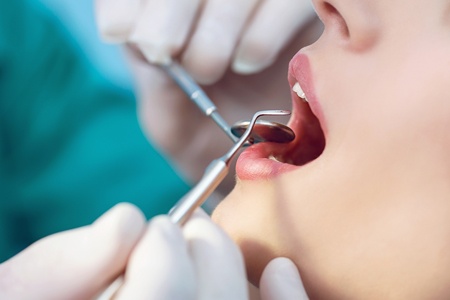
What is periodontitis?
The first stage of gum disease is gingivitis, which is reversible, however if it goes untreated it can develop into periodontitis, which is more serious and harder to treat. In periodontitis, the connective tissues between the teeth and gums are compromised and you start to see deep pockets, or gaps where the gums are coming away from the teeth. Eventually the teeth loosen and will ultimately fall out if the disease is not prevented from progressing.
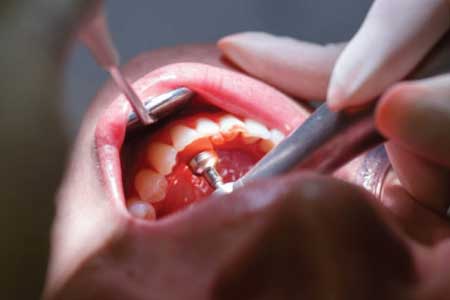 How is periodontitis treated?
How is periodontitis treated?
If you’re diagnosed with periodontitis, you will require a very thorough dental health regimen, including regular professional cleanings and a tailored plan for home care.

